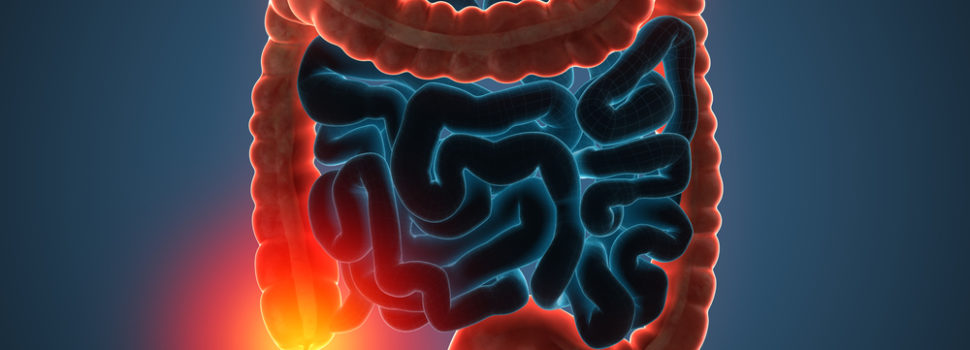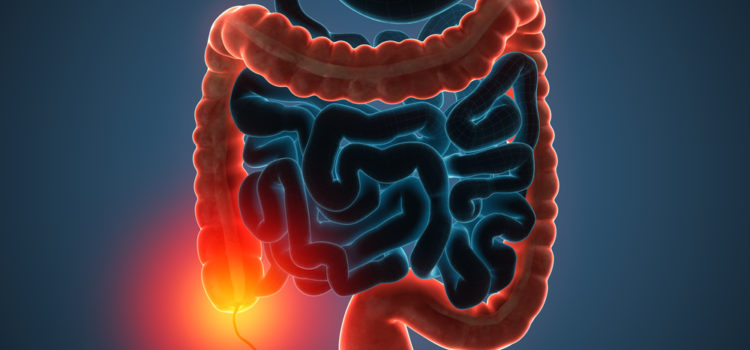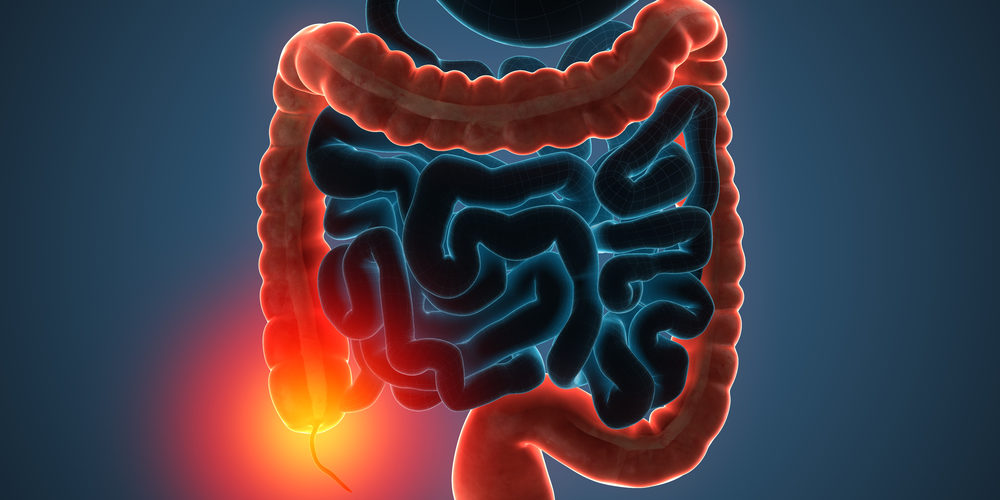


There are a lot of unfortunately uncomfortable conditions and diseases out there. Most are not life-threatening, just a life-altering pain to deal with. We are going to talk about one of those conditions today. This may get ugly, so brace yourself.
This may sound unpleasant but are you suffering from bloody diarrhea? Abdominal pain? These could be the first signs of Ulcerative colitis. Ulcerative colitis is a disease in which there is chronic inflammation of the inner lining of the colon. The inflammation can cause the lining tissue to break down, forming ulcerations that can bleed. These signs will often be offset with rectal pain. The rectal pain can give you an emergency need to defecate but you may be ineffective in doing so.
Ulcerative Colitis is very much like Crohn’s disease. Crohn’s disease is also a chronic inflammatory disease of the intestines. The two share a lot of common characteristics. They differ in that Crohn’s disease is not limited to the colon. It can be located just in the colon but often Crohn’s disease implicates the small intestine. Irritable bowel syndrome is also another source of abdominal pain and diarrhea. Unlike UC, IBS does not share any identifiable inflammation and is mostly caused by dysfunction of the nerves and muscles of the intestines. So if we can move past Crohn’s and IBS is not your problem, let’s dive deeper into Ulcerative colitis, or UC as I will further refer to it.
The What of UC
What is UC exactly? Ulcerative colitis is a chronic disease of the large intestine, when the lining of the colon becomes inflamed and small open sores start to develop. These are called ulcers. These ulcers then produce pus and mucus. Ulcers combined with the pus, mucus, and inflammation set off the abdominal discomfort. This then results in frequent emptying of the colon. Followed by more discomfort, loss of appetite and rectal bleeding.
Ulcerative colitis is an abnormal response of your immune system. Normally, the cells and proteins that make up the immune system protect you from infection. When you have UC your body starts to think bacteria, food and everything else in your colon is targeted as malicious cells. It’s designed so that the natural response is to destroy that material. Your white blood cells will rush to your intestine to start attacking everything they can find. This action is what causes the ulcers and inflammation.
How Did I get UC?
Despite lots of universities and scientists researching and investigating the cause, nothing of any substance has been found. There are a lot of complicated factors that have to happen before the onset of UC. The first factor is any genetics you may have inherited. The next issue would be your immune system. Lastly, they believe is environmental. A stimulation of antigens in your environment may stimulate the body’s defenses into action. These 3 factors all have to be present for UC to happen. Once the foreign substance is entered into the intestine, your defense will then spring into action. In UC patients, their body doesn’t know when to turn the defenses back off. Inflammation then takes place, damages the intestine, and the initial symptoms result.
A recent breakthrough in UC research says it may be the result of an interaction of a virus or bacterial infection of the colon and your body’s natural immune system response. The immune system is supposed to attack an illness or infection. Normally this will be reduced as you heal and recover. When you have UC, this doesn’t happen. The inflammation will persist after you no longer have the infection. UC targets both men and women, at an equal ratio. Typically in the mid to late 30s. Like I mentioned before one of the 3 factors are hereditary. If others in your family have this, pay attention to symptoms. If you have a close relative with the disease you have a 20% likeliness of getting UC.
Symptoms
If you believe you are at risk, these are the tell-tale signs to watch for. The first is diarrhea, often with blood or pus. This will be prolonged, longer then it should after an illness. Abdominal pain and cramping as well as the oh so delightful rectal pain. This will result in rectal bleeding and you will notice a passing of a small amount of blood with stools. Just terrific. There will be a greatly increased urgency to defecate, but you may not be able to defecate despite urgency. The last symptoms are common among a lot of diseases with weight loss, fatigue, and fever. Typical cases only include mild symptoms and may alleviate themselves for long periods of time. They will however return.
Different Types of UC
There are 4 types of UC identified by doctors today. Ulcerative Proctitis, Proctosigmoiditis, Left-sided Colitis, Pancolitis, and Acute severe UC. In Ulcerative proctitis, inflammation is mostly designated to the anal region. You may only experience rectal bleeding and none of the other symptoms. With Proctosigmoiditis the inflammation involves the rectum and the lower end of the colon. With this type you will experience; bloody diarrhea, abdominal cramps and pain, and an inability to move to unload the bowels. On to Left-sided colitis. In this type, inflammation extends from the rectum up through the lower and descending colon.
Typical signs and symptoms will appear but there will be a pain only on the left side and some unintended weight loss. Pancolitis is similar but will affect the entire colon. There will be many experiences with bloody diarrhea with serious complications. Of course, there will be abdominal cramps and pain, fatigue, and significant weight loss as well. Lastly, we have the Acute severe ulcerative colitis. This is rare, and the most severe form of UC. ASUC will affect the entire colon and causes intense pain, major diarrhea, bleeding, fever and an inability to eat.
The Final Thought
If left untreated, UC will result in a perforated colon, severe dehydration, liver disease, bone loss, inflammation of your skin, joints and eyes, increased risk of colon cancer, rapidly swelling colon, and an increased risk of blood clots in veins and arteries. As if this wasn’t bad enough with just the rectal bleeding.
UC can be diagnosed with a CAT scan, Endoscopy, and Colonoscopy. Fun. Treatment usually involves drug therapy or surgery. There are many medications that can reduce the inflammation that causes your symptoms.










